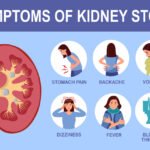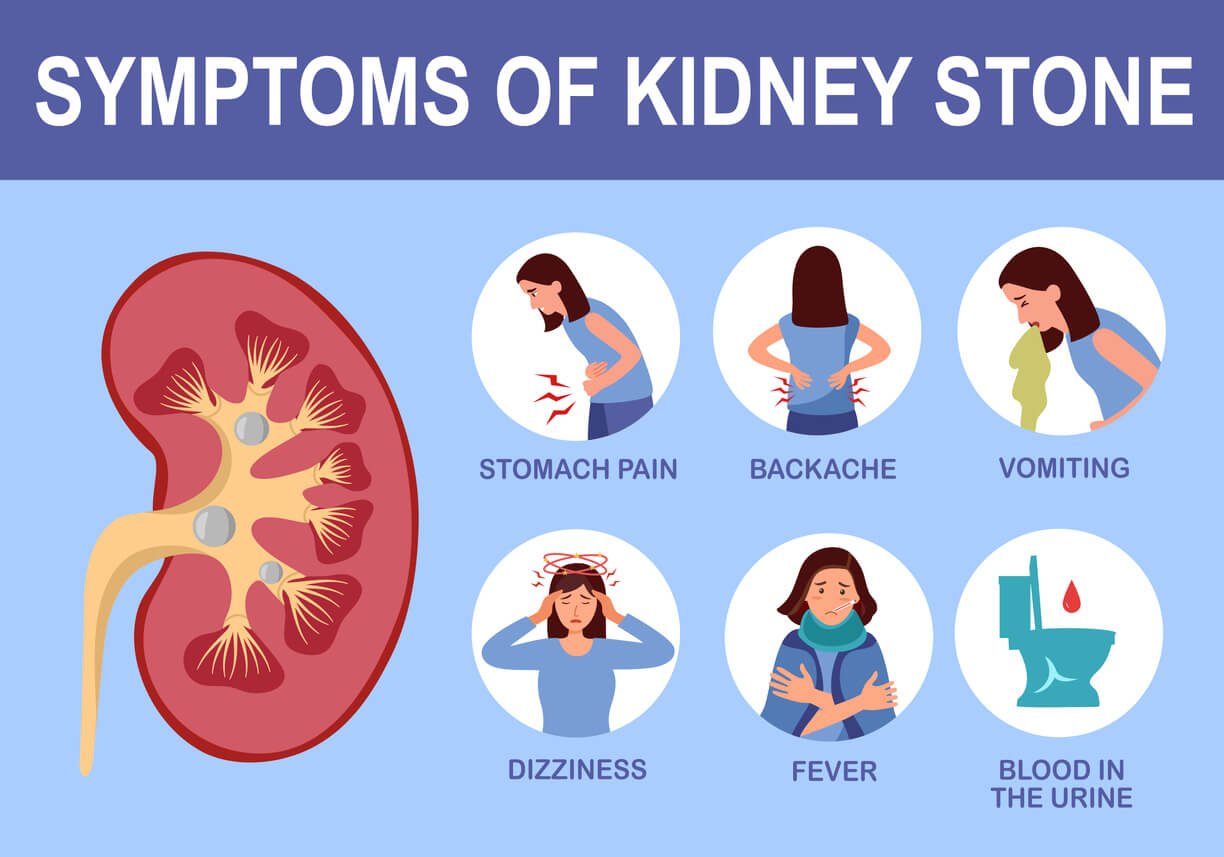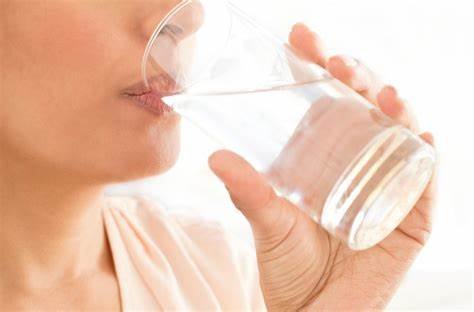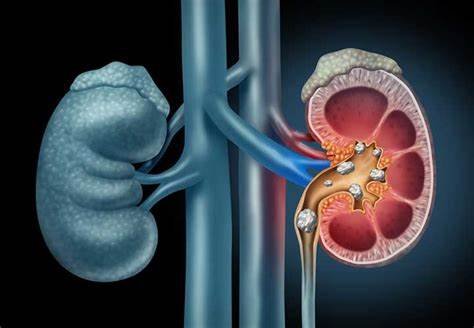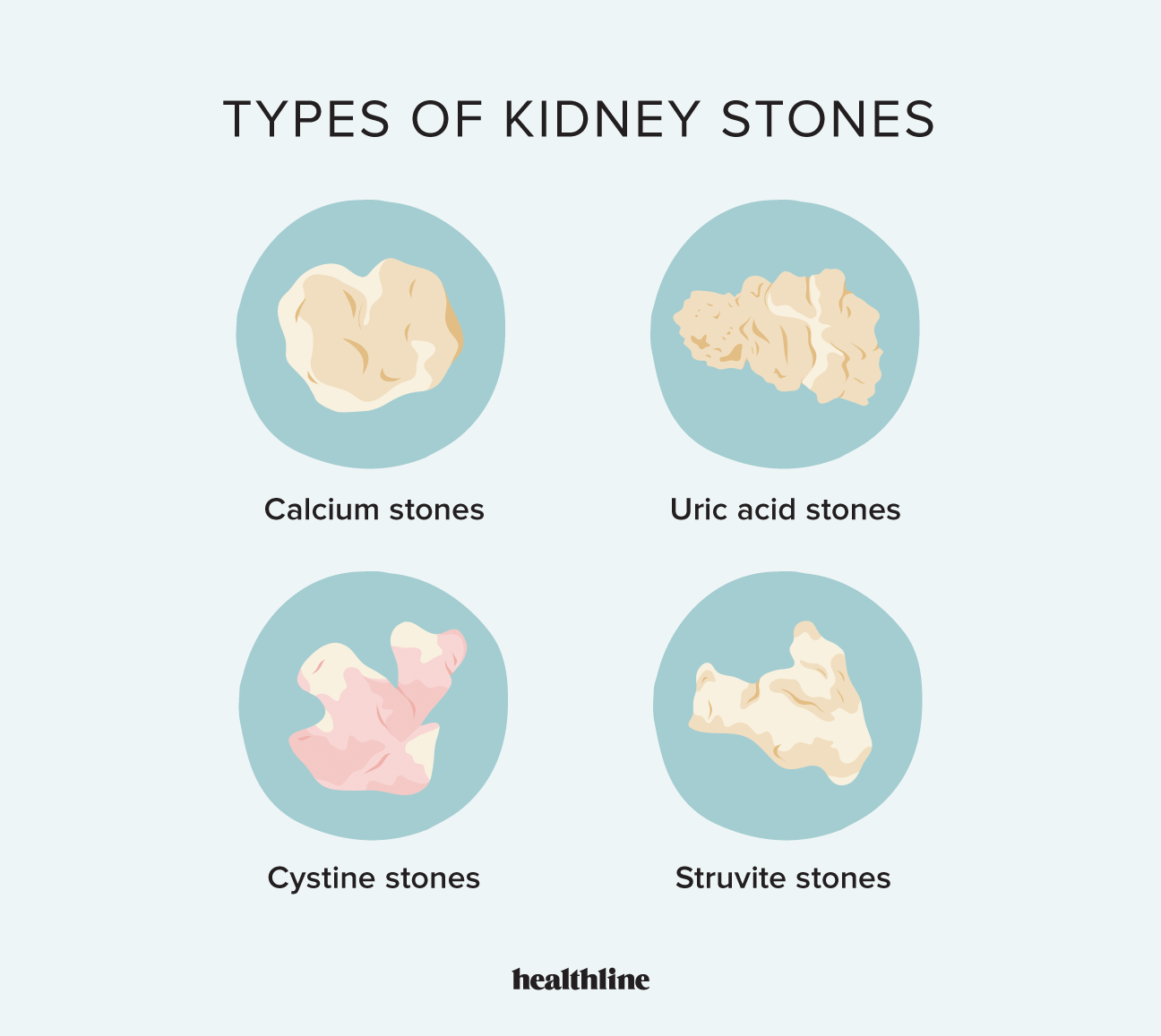Kidney stone surgery can relieve the pain and discomfort caused by stones that are too large to pass naturally. However, recovery is a crucial phase that ensures your body heals properly and minimizes the risk of complications. Knowing what to expect and how to care for yourself after surgery can make the process smoother and reduce the chances of recurrence.

Types of Kidney Stone Surgery
Before diving into recovery tips, it’s helpful to understand the types of kidney stone surgeries:
- Shock Wave Lithotripsy (SWL): Non-invasive treatment that uses sound waves to break stones into smaller pieces that can pass naturally.
- Ureteroscopy: A minimally invasive procedure where a small scope removes or breaks up stones in the ureter or kidney.
- Percutaneous Nephrolithotomy (PCNL): A surgical procedure for larger stones, requiring a small incision in the back to access and remove the stone.
- Open Surgery: Rarely performed, it involves a larger incision to remove stones directly.
Your recovery will depend on the type of procedure, but certain general tips apply to all.
Immediate Post-Surgery Recovery
- Hospital Stay
Some surgeries, like PCNL or open surgery, may require an overnight hospital stay. During this time, your medical team will monitor your vitals, manage pain, and ensure there are no complications. For minimally invasive procedures, you may be discharged the same day. - Pain Management
You may experience mild discomfort or soreness in the treated area. Your doctor will likely prescribe pain relievers to keep you comfortable. Always follow the prescribed dosage and avoid over-the-counter medications unless approved by your doctor. - Hydration
Staying hydrated is essential to flush out any remaining stone fragments and prevent new stones from forming. Aim to drink plenty of water—usually 8–10 glasses per day—unless instructed otherwise by your doctor. - Monitoring Urine
It’s normal to see blood in your urine for a few days after surgery. However, if you notice persistent heavy bleeding, large clots, or severe pain, contact your doctor immediately.
Recovery at Home
- Follow Your Doctor’s Instructions
Always adhere to the post-operative care plan provided by your surgeon. This may include taking prescribed medications, dietary recommendations, and follow-up appointments. - Dietary Changes
You may need to follow a special diet to prevent kidney stones in the future. Depending on the type of stone, your doctor may recommend reducing salt, limiting oxalate-rich foods like spinach and nuts, or cutting back on protein. - Gradual Return to Activity
Rest is important in the first few days after surgery. Gradually resume normal activities, but avoid strenuous exercise, heavy lifting, or bending for at least 1–2 weeks, depending on your procedure. For surgeries like PCNL, you may need a longer recovery period before engaging in physical activities. - Stent Care (if applicable)
In some cases, a temporary stent is placed in the ureter to ensure proper drainage of urine. Stents can cause discomfort, frequent urination, or a sensation of needing to urinate urgently. Stents are usually removed within a few weeks; follow your doctor’s schedule for removal. - Pain and Swelling Management
Apply heat packs to the affected area for mild discomfort or swelling, if recommended. Avoid soaking in a bathtub or swimming until the incision site (if any) is fully healed.
Preventing Future Kidney Stones
- Stay Hydrated
Drink plenty of water every day to dilute your urine and reduce the risk of stone formation. Add citrus fruits like lemon or lime to your water, as citric acid can help prevent stones. - Dietary Adjustments
- Calcium Stones: Reduce sodium and limit oxalate-rich foods like chocolate, tea, and leafy greens.
- Uric Acid Stones: Limit purine-rich foods like red meat, shellfish, and alcohol.
- Cystine Stones: Increase hydration and follow your doctor’s specific dietary advice.
- Medications
Your doctor may prescribe medications to prevent the recurrence of kidney stones, depending on the type and cause. Take them as directed. - Regular Check-Ups
Follow-up appointments are essential to monitor your recovery and check for any remaining stones or complications. Your doctor may recommend periodic imaging tests, like ultrasounds or CT scans, to ensure your kidneys are stone-free.
When to Call Your Doctor
During recovery, it’s important to watch for any signs of complications, such as:
- Persistent fever or chills
- Severe pain that isn’t relieved by medication
- Difficulty urinating or inability to urinate
- Foul-smelling or cloudy urine
- Heavy bleeding or large blood clots in urine
If you experience any of these symptoms, contact your healthcare provider immediately.
Conclusion
Recovering from kidney stone surgery requires patience, proper care, and a commitment to making healthy lifestyle changes. Whether you’ve had a minimally invasive procedure or a more complex surgery, staying hydrated, following dietary recommendations, and attending follow-up appointments can ensure a smooth recovery and reduce the risk of recurrence. By taking proactive steps, you can protect your kidney health and prevent future complications.


